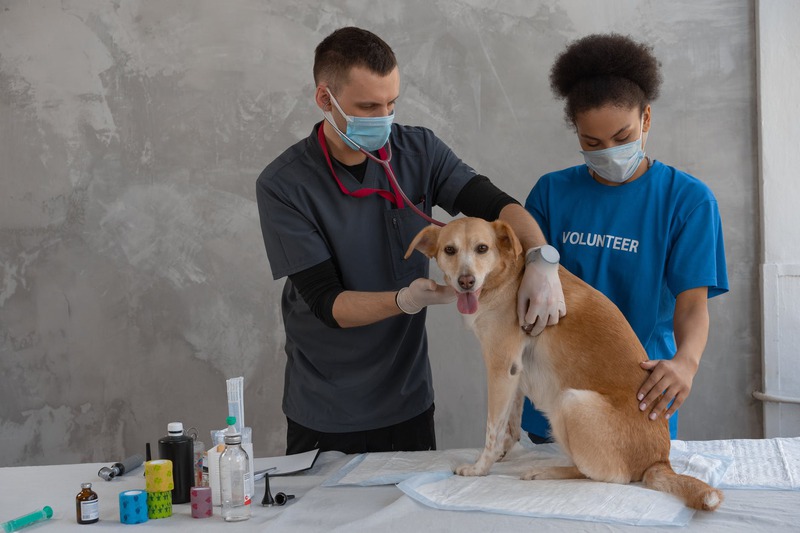Losing a beloved pet can be a heartbreaking experience, not just for us humans but also for our other furry friends. When a pet dies, the surviving animals in the household can go through a grieving process similar to what we go through. As pet owners, we must support and comfort our pets during this difficult time.
In this article, we will explore some helpful tips to assist your pet in coping with the loss of a companion.
How Can You Help Your Pet Through the Grieving Process?
Here are a few things you can do to support your pet during this challenging period:
Provide Extra Love and Attention
During loss, your pet may exhibit signs of sadness or withdrawal. It’s crucial to offer them extra love and attention to help them feel secure and reassured. Spend quality time with your pet, engage in activities they enjoy, and shower them with affection. This will remind them they are loved and cared for, even without their companion.
In addition to providing emotional support, it is equally important to ensure their physical well-being through regular veterinary care for cats and dogs. Regular check-ups, vaccinations, flea treatments, and dental care can significantly improve your pet’s overall health and longevity.
Maintain a Consistent Routine
Pets thrive on routine and structure, which becomes even more important during distress. Stick to your pet’s regular feeding, exercise, and playtime schedules. A predictable routine can give your pet stability and comfort, helping them navigate their grief more easily.
Create a Safe Space
Like humans, pets need a safe and comforting space to process emotions. Designate a quiet area where your pet can retreat when they need some alone time. Fill the space with their favorite toys, blankets, and familiar scents to create a soothing environment. This safe space will offer them solace during moments of sadness.
Engage in Interactive Play
Engaging your pet in interactive play can be a great way to lift their spirits and distract them from their sorrow. Playtime provides mental stimulation and strengthens the bond between you and your furry friend. Use toys that encourage physical activity and mental engagement, such as puzzles or treat-dispensing. These activities can help redirect your pet’s focus and bring moments of joy into their day.
However, if you are away from home for an extended period, consider using pet boarding services. These facilities can provide your pet with the same level of interactive play and mental stimulation in your absence. The experienced staff at such establishments understand different pet behaviors and individual needs, which lets them cater to your pet’s specific requirements.
Consider Companion Therapy
If your pet struggles to cope with losing its companion, consider exploring companion therapy options. Companion therapy involves introducing another compatible pet into the household to provide companionship and support. However, assessing your pet’s readiness and consulting with a veterinarian or animal behaviorist before introducing a new furry friend is important. They can guide you in determining if companion therapy is the right choice for your pet.
Seek Professional Support
If your pet’s grief persists or intensifies, seeking professional support can be beneficial. Veterinary professionals or animal behaviorists can provide guidance and recommend appropriate interventions to help your pet through the grieving process. They may suggest techniques such as aromatherapy, music therapy, or specialized grief counseling to assist your pet in finding emotional healing.
Sometimes, it is necessary to delve deeper into the nature of your pet’s distress through pet diagnostics. This could involve physical examinations, blood tests, imaging, or behavioral assessments to determine whether your pet’s grief has had any physical impact or perhaps stems from a more significant health concern.
You can explore the web to read more about pet diagnostics.
Final Thoughts
Losing a companion can be difficult and emotional for you and your pet. Remember to be patient, understanding, and compassionate during this time. By providing love, maintaining a consistent routine, creating a safe space, engaging in interactive play, considering companion therapy, and seeking professional support when needed, you can help your pet cope with the loss and eventually find solace. Supporting your pet through grief is a testament to our deep bond and unconditional love for our furry companions.





